LANGUAGE ISSUES: Reconfiguring Language Use in African Studies.
Panel Report Africa Knows Panel 27a, January 28, 2021
Language Issues: Reconfiguring language use in African studies
Abstract of panel
As the vehicle of experiences and ideas, language is a very powerful element in understanding the worldviews of a given society. In African Studies one of the prevalent misconstructions of African worldviews has come from language use.
Convenors
Marieke van Winden
African Studies Centre Leiden
Muyiwa Falaiye (University of Lagos)
Anthony Okeregbe (University of Lagos)
Chair:
Muyiwa Falaiye (University of Lagos)
Contributors
Abisoye Eleshin (IADS, University of Lagos)
Eesuola, Olukayode Segun
(Institute of African and Diaspora Studies (IADS), University of Lagos)
Olatunji Alabi Oyeshile (University of Ibadan)
Ademola Kazeem, FAYEMI
Anthony Okeregbe (University of Lagos)
Luqman Yusuff (IADS, University of Lagos)
Akinmayowa Akin-Otiko (IADS, University of Lagos)
Peter Oni (University of Lagos)
Feyisayo Ademola-Adeoye (IADS, University of Lagos)
African Languages for African Studies: Agenda Setting
Abisoye Eleshin, Institute of African and Diaspora Studies University of Lagos
The introduction of European languages has been used as a weapon for colonialism. In his paper Eleshin proposes models for the reconfiguration and strengthening of African languages in order to be able to meet up with the demand and present realities of African studies. This study will enable the reflexivity of African languages in line with the culture and general worldview of the African people, which the foreign language has been struggling to achieve. It is expected that the outcome of this attempt could proffer solutions to some of the epistemology and semantic issues facing African studies. He proposes not only that African languages should be learned, but that one should be immersed in the local culture as other aspects, such as body language, also play a role.
What about the Politics? A Realist Interrogation of the Stand to Conduct African Studies Research in African Languages
Eesuola, Olukayode Segun Institute of African and Diaspora Studies University of Lagos
Africa is home to a substantial portion of the world’s linguistic diversity amongst which Nigeria alone has over 450 languages. Eesuola explores, interrogates and analyses the politics involved in working with local languages in an academic setting: the struggle for value and balance of forces amongst who funds research, who needs research, what kind of research is conducted and funded; and, where is research realistically best disseminated to achieve its set aims and objectives. He suggests a few ways of conducting African Studies research in African languages and recommends Africans to first build some of their languages into global hegemonic forces as well as to increase funding for research.
Language decolonization and deconstruction: re-integrating disparate linguistic epistemes in contemporary African studies
Olatunji Alabi Oyeshile (University of Ibadan)
Oyeshile sets out to explore how decolonization of mind, language and concept can engender African renaissance and sustainable development in African studies. He argues that the most viable way out of the dilemma is to pursue an integrative linguistic episteme that will pursue aggressively the institutionalization of African language in African studies in conjunction with extant linguistic frameworks embedded in the African linguistic sphere as a result of colonialism. He calls for an integration of linguistic epistemes (Asian, European, African) across the world.
Limitations and Prospects of African Languages in Ethics Scholarship in African Studies
Ademola Kazeem, FAYEMI
Ademola Fayemi addresses question of the limitations and prospects of indigenous languages in African ethics scholarship. He discusses different orientations (external orientation (e.g. Thadeus Metz) and internal orientation (e.g. Kwame Gyekye)) and their limitations. He argues that a reflexive interrogation of the use of indigenous languages in the construction and re-interpretation of moral values in ethics scholarship in African Studies is imperative. He defends a pluriverse conception of African ethics studies reconfiguration that marks a considerable shift from both the ‘exterior orientation’ that prizes exogenous knowledge production on moralities in Africa with international dissemination and preservation mechanisms, as well as the ‘interior orientation’ in African Studies that is driven by the postcolonial quest of defending African identity in African ethics scholarship by largely writing back to audience and moral agents outside of Africa. In this way, he exposes some fundamental limitations of the new emphasis on African languages in ethics scholarship. He argues that the nature, varieties, and flexibilities of moralities in African culture can be better discovered, constructed, and interpreted in a pluriverse space where indigenous languages are promoted without an attenuation of conceptually decolonized usage of foreign languages and conceptual schemes.
Afrophony and the language of African philosophy: reflection on problems and prospect
Anthony Okeregbe (University of Lagos)
Okeregbe argues that multiplicity of language use in African Philosophy reflects the multiple expressions of the African experience. He also raises some critical questions concerning doing African philosophy and asks how philosophical knowledge can be produced for Africa using African languages. As, to him, one cannot speak of genuine African philosophy without considering African languages. He refers to the use of dominating Western languages as linguistic imperialism. Whereas there are different theories arguing for the relation between language and thought, e.g. on the relation between cognitive development and language (Vygotsky 1962) and on how the structure of one’s language shapes one’s thought (Lee-Whorf 1956). He addresses two schools of thought: the hermeneutic school: through interpretation of oral traditions (represented by Sophie Oluwole, Bruce Janz, Ademola Kazeem Fayemi) and afrophony, represented by Rewttova. He disqualifies the argument for a problem of translation by stating that the bible has also been translated in 500 languages.
Modern faiths and the Yoruba language: Reconfiguration of the Yoruba Lexicon
Luqman Ayodele YUSUFF
Yusuff interrogates the impact of English and Arabic languages, which are languages of the modern faiths, on the Yoruba language in communicative use on the one hand and on Yoruba personal naming system on the other. Because language mirrors culture, and the Yoruba belief systems, which is an integral part of the culture, has been expanded by the addition of modern faiths imported through British colonialism and the Jihadist movement for Christianity and Islam respectively, the Yoruba language lexicon has been systematically reconfigured to reflect the influence of the languages of these modern faiths through extensive and intensive use. The names of animals, plants and costumes (e.g. Òfú: pelican bird, Irò: gorilla ) are used as ingredients and tools in indigenous faith practices and are now percolated in use. He argues that this has resulted in a huge damage to the knowledge of the Yoruba fauna, flora and even costume, all of which have become unpopular simply because of their traditional appeal.
Ìràpadà (Redemption) In The Religions of the Africans: Do You Really Understand What they mean?
Akinmayowa Akin-Otiko
Akinmayowa highlights the understanding of Ìràpadà (redemption) in Àdìmúlà and draws up possible similarities and differences between the idea of redemption in Àdìmúlà and Christianity. He addresses a need for a reflexive interrogation of meaning and interpretation of concepts used in African religions and the roles they play in the path of interreligious dialogue as it may be difficult to exclude redemption from the religion of the Africans. He highlights the fundamental difference between Christian worldview and African tradition as in the latter, one does not depart from the idea of ‘damage to human nature” and the idea of original sin did not affect the human nature of man. Because this concept of original sin does not exist, the interpretation of the Christian view of salvation in Àdìmúlà is inadequate.
Re-examining the philosophical Potential in African Languages
Peter Oni (University of Lagos)
Having been mostly schooled in foreign languages, the practice of philosophy in Africa has been dominated by foreign languages. Through a phenomenological and critical analysis Oni examines the space of African philosophy. He indicates four schools of thought and argues that the fourth school (group of Kagame, Sodipo and Hallen) is adequate and conforms to the aspiration of contemporary trends in African studies. This school discovers a solid ground for conceptualization in African Languages. Consequently, he advocates a deconstruction of the mindset on African Languages and argues that conceptualization of thought can take place in African languages.
Language, culture and the conceptualization of character in selected Yoruba proverbs
Feyisayo Ademola-Adeoye (University of Lagos)
Proverbs are very important in African culture. Ademola-Adeoye investigates the cultural import of proverbs in contemporary Yoruba society in Nigeria. Proverbs are carriers of culture; building blocks for wise living and good moral life. Adeyode contends that to examine the knowledge of Yoruba proverbs can help Yoruba people to get a better moral commitment. She analyses the traditional wisdom deposited in Yoruba proverbs in order to proffer solutions for current social and cultural problems and investigates Yoruba proverbs that can be appropriated as a tool for promoting and improving good morals and ethics. She concludes that the main thrust of her paper is that a cultural re-orientation of Nigerians towards the ideals of the Yoruba philosophy of omoluabi (good character) would bring about positive effects in remoulding the Nigerian society towards a moral path.
Discussion
paper 1-4
In the morning there was only time for a short discussion which was centred around the question of language. Does thinking and writing in another language takes away possibilities of thought, expression and meaning?
It is considered impossible to do a research on Kant without speaking German. Yet, many researches are done in African Studies/ African philosophy without speaking African languages. There is a general opinion that African languages need to be integrated for sound and meaningful research. However, its is noted that many presenters suggest a dichotomous view on African languages OR Western languages. What about putting more an emphasis on multilingualism and translation (which is anyway very close to African realities)? In other words it is suggested: you can keep English as an academic and international language of communication, but this does not mean that all other languages should be given up.
It is also addressed that different participants in the academic field play a different role.
Africans should use a much as possible local languages, whereas, the global community should be more charitable to other cultures/ accommodate other cultures to integrate in an epistemic framework. It is argued that making a clear distinction between conducting African Studies research in African languages and disseminating research reports in what ever language will clear all issues relating to the poverty or impotence of African languages in African Studies research. However, its is noted, that also on the website of IADS and all other university websites in Nigeria, the main language of communication is English. Therefore, it is suggested to at least link each website to google translate that nowadays includes Yoruba, Igbo and Haussa, as well as 12 other African languages (and growing)?
Discussion paper 5-9
Muyiwa Falaiye started the discussion in the afternoon by posing three questions
- Should African philosophy not be the foundation of African studies?
- Should African languages not be the basis of expressing deep African thoughts?
- Shouldn’t we not listen to African thinkers in their own autogenous languages (instead of translation)?
It is stated that currently, African studies do not address the problems of African society
The session is concluded by short statements of the participants on how their paper relates to the agenda of the conference: Africa knows
– ‘salvation’ is not a concept that has been imported
– Africa knows itself, it knows it potentials and knows what it has. For African Studies, we can no longer refer to Greek philosophy as the birth place, but Africa has its own philosophy and should be practiced in African languages
– Languages are living and dynamic
– Africa knows its culture. Even though it seems that it has forgotten certain things. It will certainly remember
– It is possible through African languages to extract a philosophical content from our daily experiences in the world.
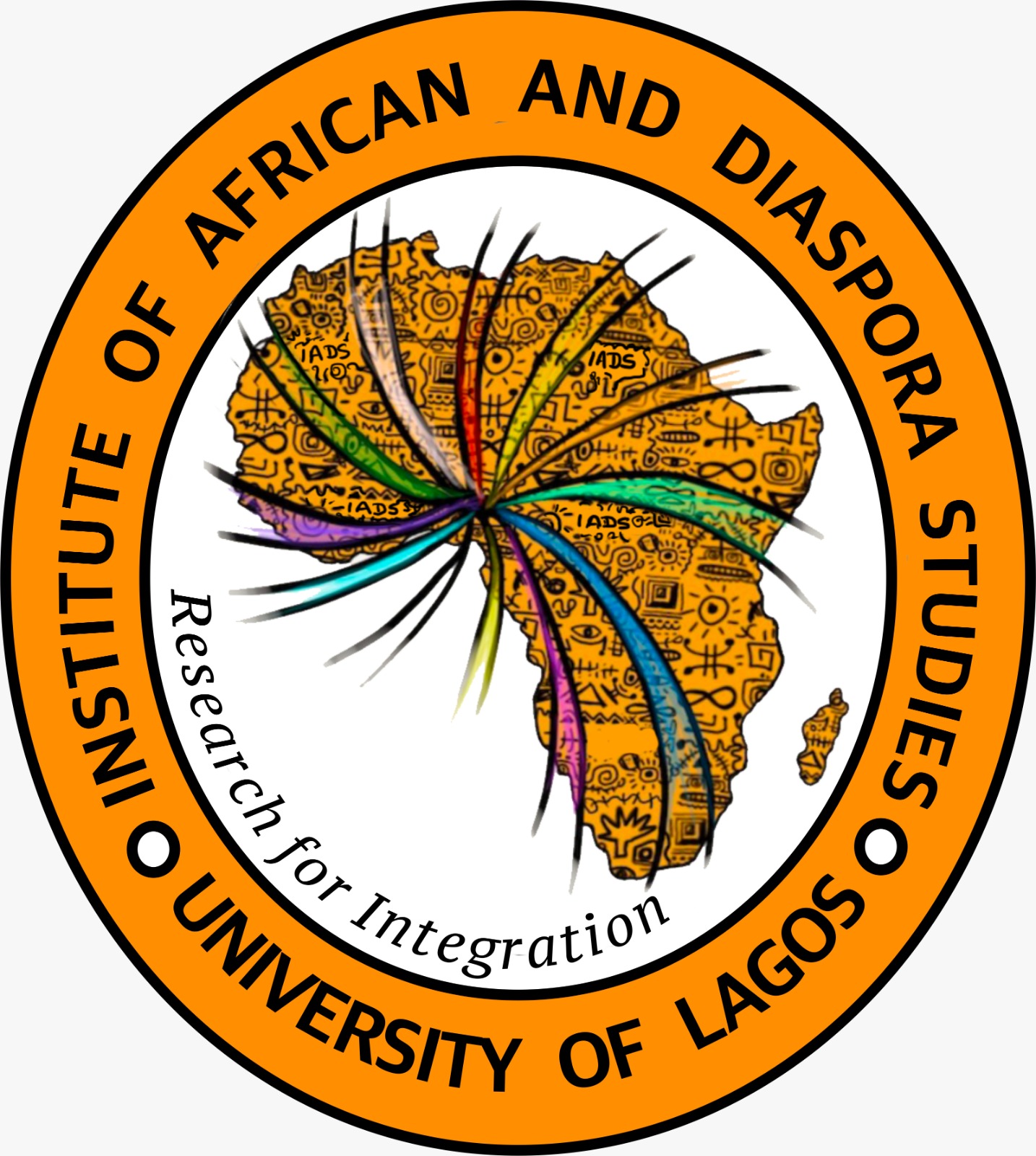




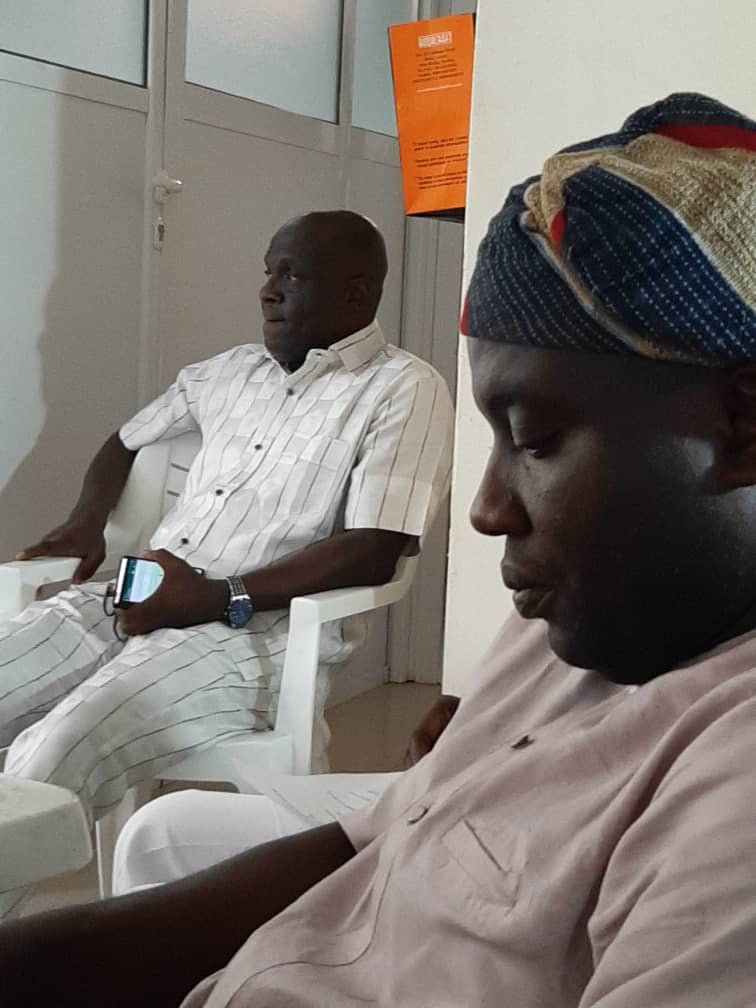


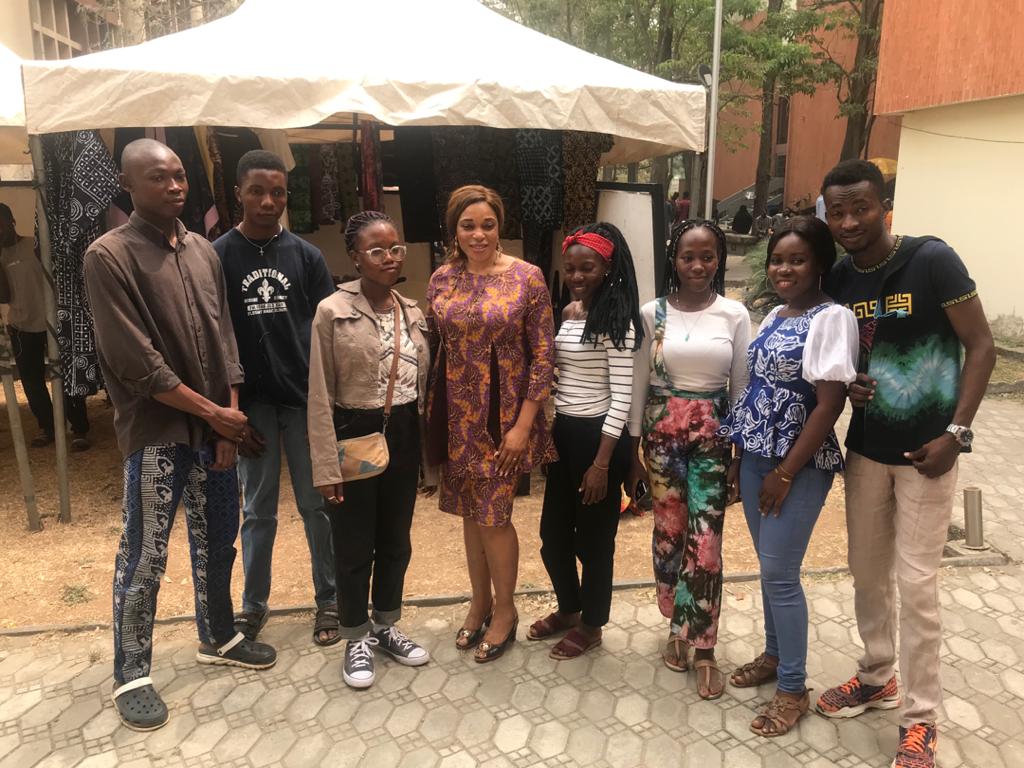
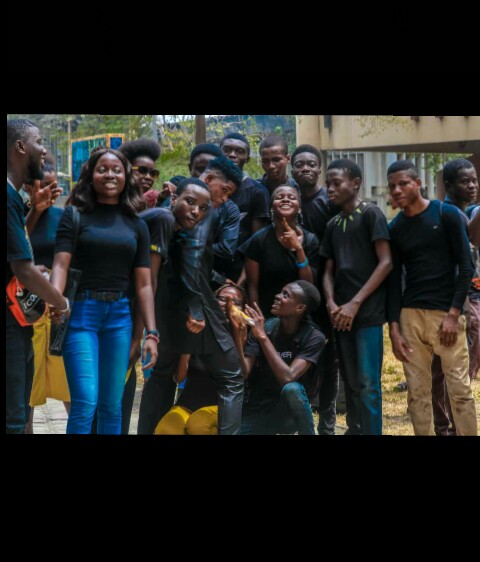
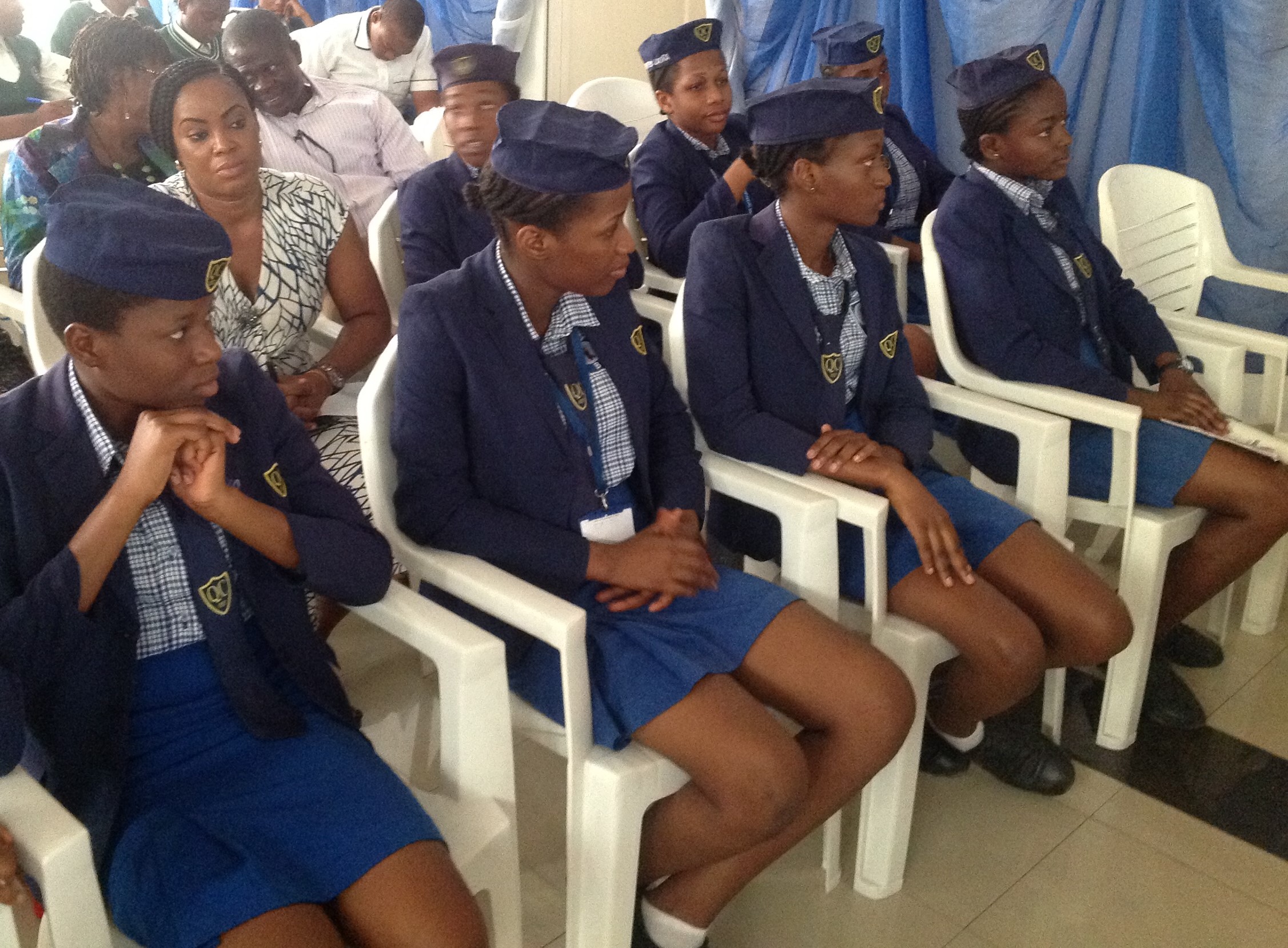
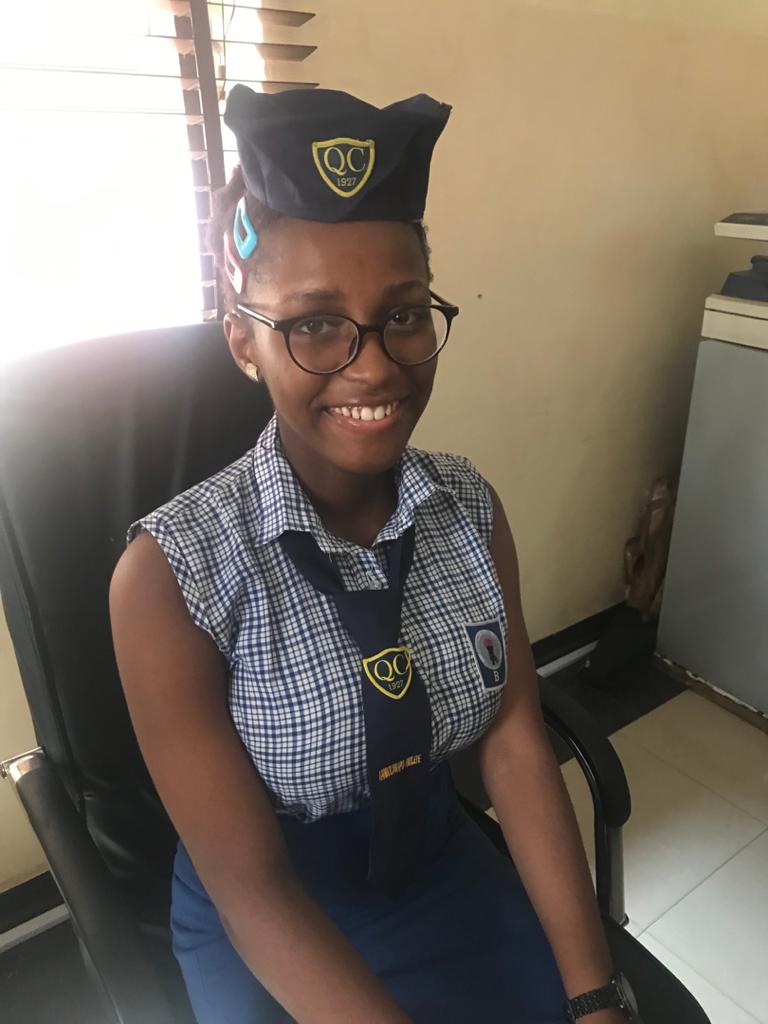
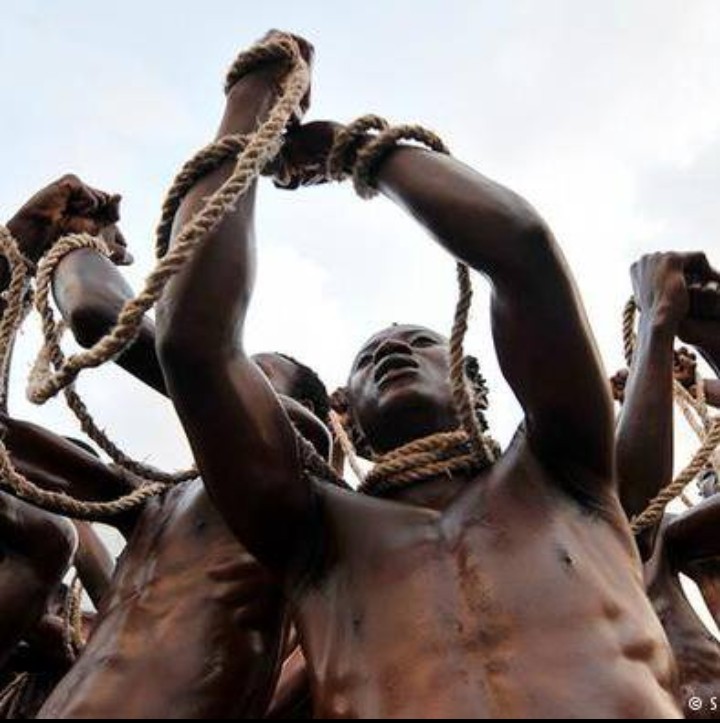
Recent Comments